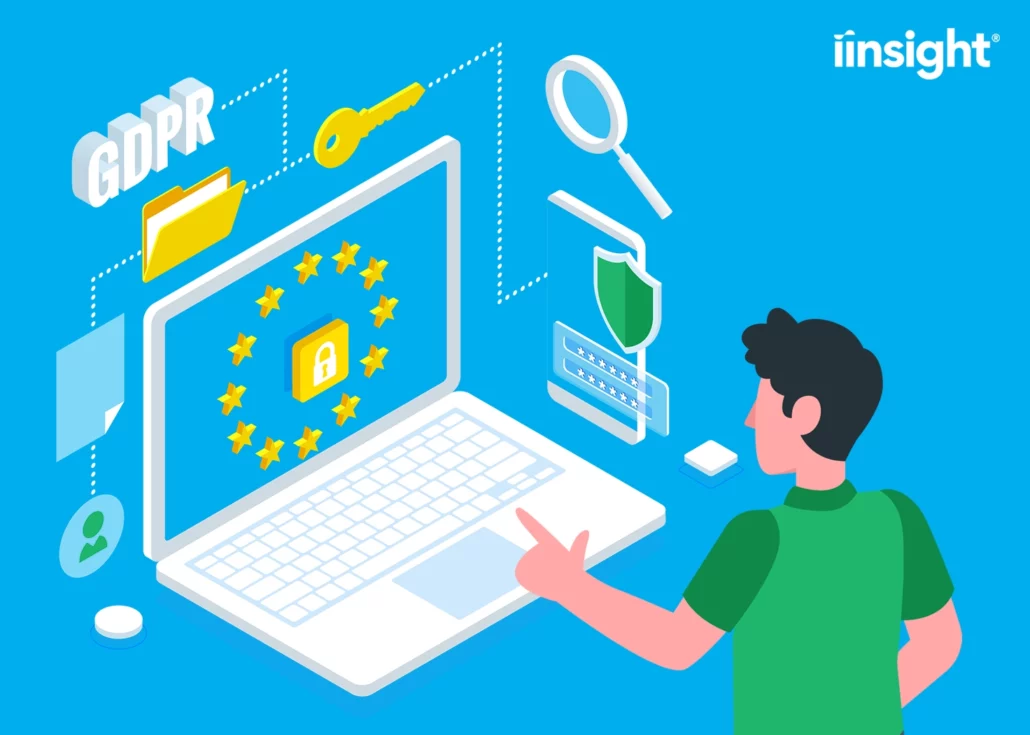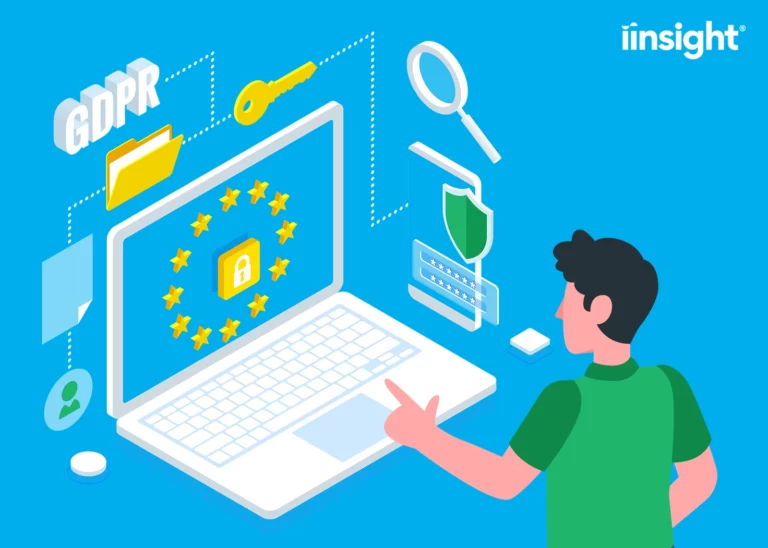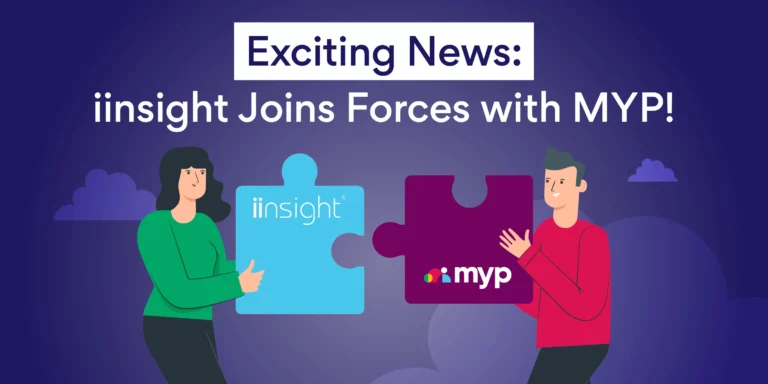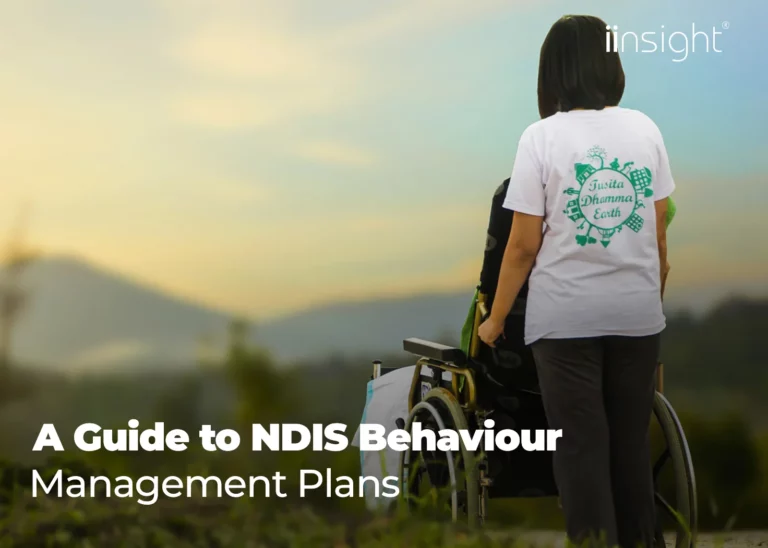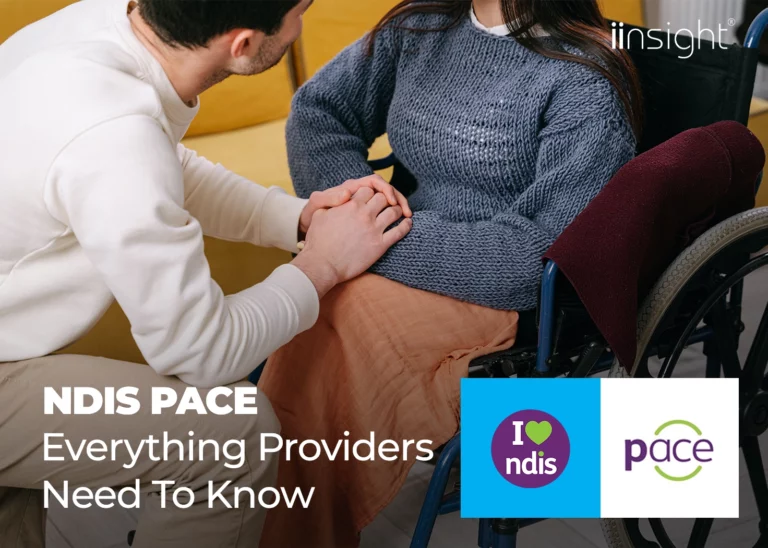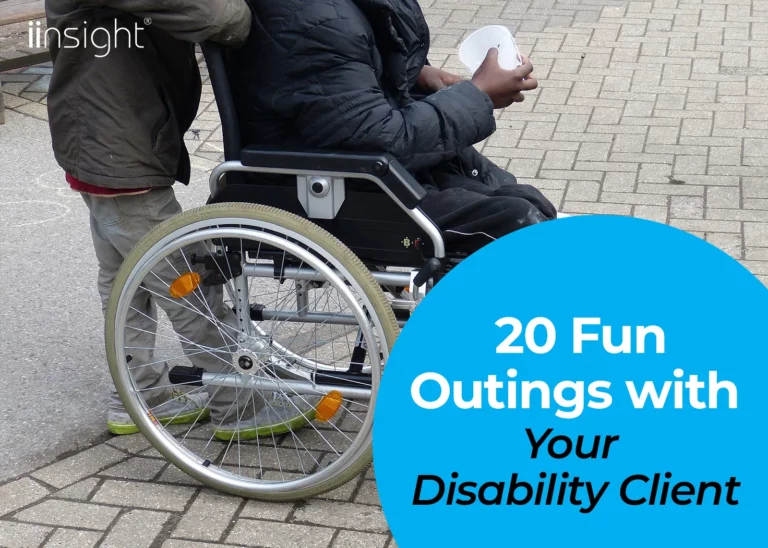GDPR compliance is non-negotiable in the UK, particularly for allied health professionals handling sensitive patient data. As regulations continue to tighten, allied health practices need to adopt the right tools and processes to ensure data protection—without compromising on efficiency. The challenge is clear: how can practices maintain high standards of patient care while managing the growing complexity of data protection requirements?
The good news is that technology can simplify UK GDPR compliance and help allied health professionals (AHPs) work smarter, not harder. Here’s how.
Why compliance matters in allied health
Allied health professionals, from physiotherapists to occupational therapists, handle a large volume of confidential patient data daily. This can include everything from personal health records to treatment plans and billing details. A data breach—accidental or malicious—can have serious legal and reputational consequences for practitioners and practices.
The increasing complexity of GDPR only adds to the pressure. While compliance is a must, managing it manually can be time-consuming and prone to errors, especially for smaller practices requiring more resources for dedicated compliance teams.
Streamlining compliance with technology
The key to easing the burden of GDPR compliance lies in leveraging technology that automates and simplifies the process. With the right tools, AHPs can ensure they meet regulatory standards while freeing up time to focus on patient care.
At iinsight, we’ve developed a case management platform to help allied health practices stay compliant while boosting productivity. Here’s how technology is changing the game:
Secure cloud storage
All client data is encrypted and stored securely, meeting GDPR standards for data protection. This eliminates the risk of losing physical files and ensures data is always accessible yet protected.
Automated audit trails
With automated tracking, you can easily monitor who accessed specific data and when. This ensures accountability and makes it easier to prove compliance in case of an audit or investigation.
Customisable permissions
By setting role-based access controls, practices can ensure that only authorised personnel can view sensitive patient information, helping to protect privacy and limit exposure.
Data breach preparedness
iinsight’s built-in protocols make identifying and responding quickly to potential data breaches easier, which is crucial for staying compliant with GDPR’s 72-hour reporting rule.
The benefits of digital compliance
Adopting a digital platform for GDPR compliance offers a variety of benefits beyond legal peace of mind. Automated systems reduce administrative workload, allowing AHPs to spend less time on paperwork and more time on patient care.
Some of the main advantages include:
- Time savings – By automating compliance tasks, AHPs can reduce time spent on administrative work, allowing for more patient-facing hours.
- Error reduction – Manual data handling is prone to mistakes. Digital systems improve accuracy and help ensure compliance requirements are met without human error.
- Improved security – Cloud-based systems provide stronger data protection through encryption and access controls, reducing the risk of data breaches.
Are you confident in your compliance?
If managing GDPR feels like a constant challenge, it might be time to explore solutions designed specifically for your industry. iinsight simplifies GDPR compliance and helps allied health professionals maintain a secure, efficient practice.
By adopting the right technology, allied health practices can stay compliant with GDPR regulations, reduce administrative burdens, and focus on delivering exceptional patient care.
If you’re ready to streamline your practice and ensure your data is safe, it’s time to explore iinsight. Book a demo today and see how we can help you achieve seamless, stress-free compliance.

